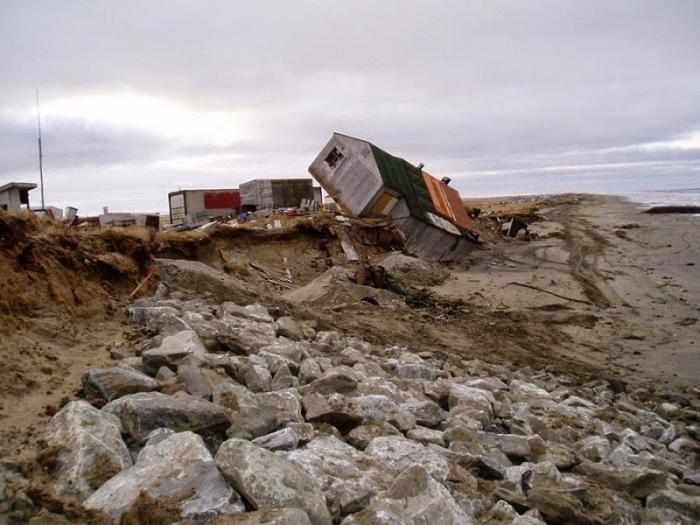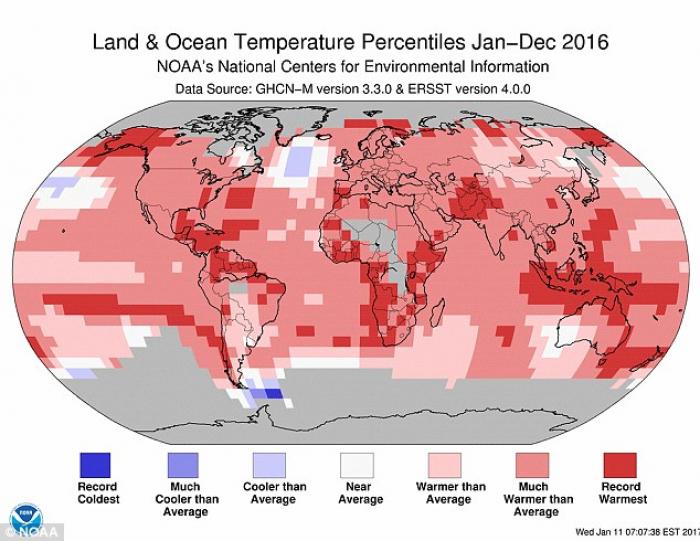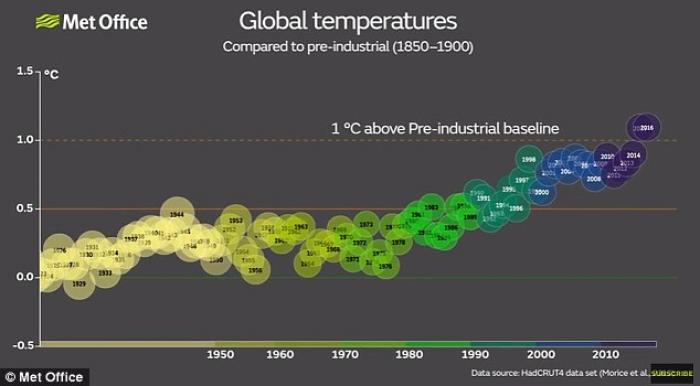 Dear readers, Catholic Online was de-platformed by Shopify for our pro-life beliefs. They shut down our Catholic Online, Catholic Online School, Prayer Candles, and Catholic Online Learning Resources essential faith tools serving over 1.4 million students and millions of families worldwide. Our founders, now in their 70's, just gave their entire life savings to protect this mission. But fewer than 2% of readers donate. If everyone gave just $5, the cost of a coffee, we could rebuild stronger and keep Catholic education free for all. Stand with us in faith. Thank you. Help Now >
Dear readers, Catholic Online was de-platformed by Shopify for our pro-life beliefs. They shut down our Catholic Online, Catholic Online School, Prayer Candles, and Catholic Online Learning Resources essential faith tools serving over 1.4 million students and millions of families worldwide. Our founders, now in their 70's, just gave their entire life savings to protect this mission. But fewer than 2% of readers donate. If everyone gave just $5, the cost of a coffee, we could rebuild stronger and keep Catholic education free for all. Stand with us in faith. Thank you. Help Now >
2016 is the hottest year on record - so what?
FREE Catholic Classes
It seems like 2016 is now officially the hottest year on record since records were kept. It's a disturbing milestone, and a sign of a greater problem. The planet has warmed by another fraction of a degree over previous years. But it's also easy to ask, "so what?"

Why should anyone care if the world is a degree, or even half a degree, hotter?
Highlights
Catholic Online (https://www.catholic.org)
1/18/2017 (8 years ago)
Published in Green
Keywords: 2016, global warming, hottest, U.S., climate change, CO2
LOS ANGELES, CA (California Network) -- On discussing the topic with a personal friend some time ago, my friend replied, "so what?" He challenged me, "Go find an Eskimo and tell him why it's bad that it'll be a degree warmer."
It was a clever retort, and a good point. Why should anyone care if the planet warms by a fraction of a degree? Indeed, during the Paleocene-Eocene epoch, about 56 million years ago, the planet was routinely 9-14 degrees hotter than today. You can imagine that by taking the hottest day you remember and adding about ten degrees to it.
That's pretty warm, but it's not necessarily enough to turn the planet into an oven. In fact, while a few areas might become uninhabitable, more area would be open to human expansion, such as large swathes of Siberia and Canadian Arctic.
So why is it bad?
There are two reasons why it's bad. The first is that even small increases in warming have a dramatic impact on existing human communities, and the native people of Alaska and Canada have firsthand experience suffering with these effects.
The second reason is the rate at which the planet is warming. The planet is warming slow enough to permit the continued existence of climate skeptics, a sort of frog in the pot situation. But it's warming much too fast to allow natural selection and speciation to take place resulting in mass extinctions that can upset vital natural processes.
According to multiple expeditions, and dating as far back as 2007, the Inuit have reported the arrival of new species of animals including dolphins and birds that belong at lower latitudes. Biomes are shifting. Among the most alarming changes is the shortening of the hunting season, and igloos are more difficult to build.

Erosion caused by climate change is destroying some Inuit communities.
LINK TO 2016 NASA TEMPERATURE DATA
(via NASA: Globally-averaged temperatures in 2016 were 1.78 degrees Fahrenheit (0.99 degrees Celsius) warmer than the mid-20th century mean. This makes 2016 the third year in a row to set a new record for global average surface temperatures.)
Wind patterns are changing, reshaping landmarks and making it more difficult to navigate the all-white landscape. Erosion is destroying land and sometimes forces the relocation of existing structures. Hungry polar bears are more daring, and several animals have been seen starving in the past year. New diseases that are uncommon among the Inuit are becoming more prevalent as the climate warms and allows germs to survive longer.
It seems a steep price to pay for a few degrees of extra warmth.
The Inuit will adapt to these changes because they must and because they can. In time, they will live more like their Canadian neighbors to the south. This may be the greatest human survival strategy, we are adaptable. We can adapt ourselves to live almost anywhere, and we can adapt almost anywhere to accommodate us.

Map of 2016 temperature anomalies.
But it's different for many species of plants and animals that depend entirely on the environment. Warmer temperatures mean new species that compete for food, sometimes more efficiently. As hunting conditions for humans change, they also change for animals making it harder to catch food, or to avoid being caught.
If global warming were proceeding naturally, it would take place over thousands of years and nature would have plenty of time to adapt. But when thousands of years of climate change happens in just a few decades, the results are catastrophic.
The loss of a keystone species can cause a massive shift in the very food chain that other animals and humans depend on for their survival.

At present, scientists now predict we will see about 1 degree Fahrenheit of warming per decade as early as the 2020s. And the Arctic will warm at twice that rate.
We might not care. After all, the Arctic is far away and most of us live in climate controlled houses. Even if the polar ice caps melt, we can ignore even this problem unless we live near the coast.
Adverse weather events are expected to become more frequent as more energy trapped in the ocean and atmosphere would mean more violent, chaotic weather. Again, we might not care. We can predict weather with fantastic accuracy. And so far, no single weather event can be confidently linked to climate change.
There is no way to cure apathy. And there is virtually no way to change climate change skepticism unless we all agree to evaluate the same data the correct way. The essential difference between climate change scientists and their skeptics is what they make of the data.
But the Inuit don't care about data. They care about being able to construct shelters, navigate their landscape, and enjoying a hunting season with adequate food on hand.
You have to decide if you care about them, or the planet you are leaving for your children to enjoy. The vast majority of us will do well enough no matter what happens, but polluting and behaving irresponsibly is always wrong, especially if the consequences are passed to others besides ourselves.
---'Help Give every Student and Teacher FREE resources for a world-class Moral Catholic Education'
Copyright 2021 - Distributed by Catholic Online
Join the Movement
When you sign up below, you don't just join an email list - you're joining an entire movement for Free world class Catholic education.

Novena for Pope Francis | FREE PDF Download
-

- Stations of the Cross
- Easter / Lent
- 5 Lenten Prayers
- Ash Wednesday
- Living Lent
- 7 Morning Prayers
- Mysteries of the Rosary
- Litany of the Bl. Virgin Mary
- Popular Saints
- Popular Prayers
- Female Saints
- Saint Feast Days by Month
- Pray the Rosary
Pope Francis’ Final Message to Young People
Pope Francis’ Final Journey Through Rome: A Farewell Full of Symbols and Grace
Hagia Sophia: The 1,600-Year-Old Megastructure Where Heaven and Earth Still Meet
Daily Catholic
 Daily Readings for Tuesday, April 29, 2025
Daily Readings for Tuesday, April 29, 2025 St. Catherine of Siena: Saint of the Day for Tuesday, April 29, 2025
St. Catherine of Siena: Saint of the Day for Tuesday, April 29, 2025 Prayer for the Dead # 3: Prayer of the Day for Tuesday, April 29, 2025
Prayer for the Dead # 3: Prayer of the Day for Tuesday, April 29, 2025 Daily Readings for Monday, April 28, 2025
Daily Readings for Monday, April 28, 2025 St. Peter Chanel: Saint of the Day for Monday, April 28, 2025
St. Peter Chanel: Saint of the Day for Monday, April 28, 2025- Prayer before a Crucifix: Prayer of the Day for Monday, April 28, 2025
![]()
Copyright 2025 Catholic Online. All materials contained on this site, whether written, audible or visual are the exclusive property of Catholic Online and are protected under U.S. and International copyright laws, © Copyright 2025 Catholic Online. Any unauthorized use, without prior written consent of Catholic Online is strictly forbidden and prohibited.
Catholic Online is a Project of Your Catholic Voice Foundation, a Not-for-Profit Corporation. Your Catholic Voice Foundation has been granted a recognition of tax exemption under Section 501(c)(3) of the Internal Revenue Code. Federal Tax Identification Number: 81-0596847. Your gift is tax-deductible as allowed by law.




 Daily Readings for Tuesday, April 29, 2025
Daily Readings for Tuesday, April 29, 2025 St. Catherine of Siena: Saint of the Day for Tuesday, April 29, 2025
St. Catherine of Siena: Saint of the Day for Tuesday, April 29, 2025 Prayer for the Dead # 3: Prayer of the Day for Tuesday, April 29, 2025
Prayer for the Dead # 3: Prayer of the Day for Tuesday, April 29, 2025 St. Peter Chanel: Saint of the Day for Monday, April 28, 2025
St. Peter Chanel: Saint of the Day for Monday, April 28, 2025

